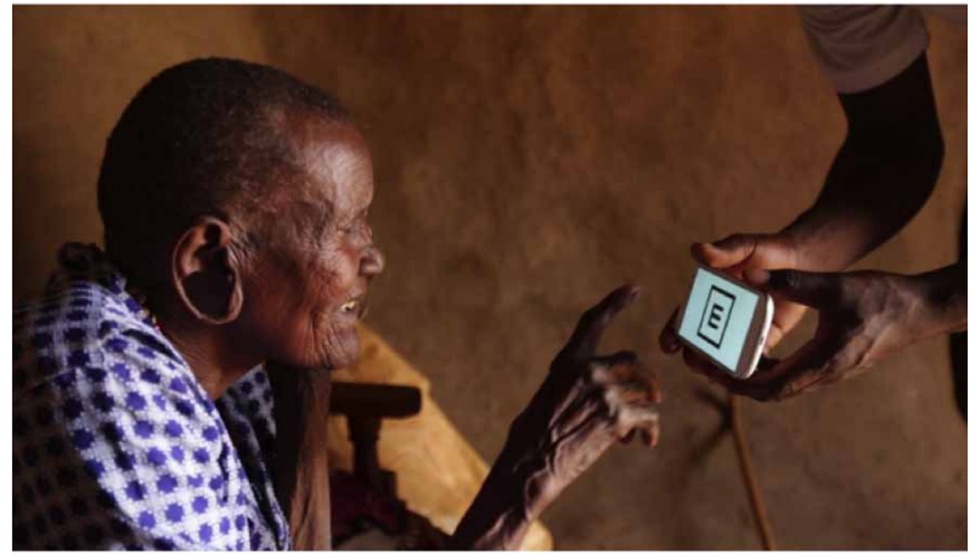Health Status Transformation and the Role of AI for health and pandemic preparedness in the African Context
June 21th – 24th 2021

Vision
A healthy population with low mortality and morbidity meeting the international standards of health care and economic growth is embedded in sustainable development goals by 2030. Attaining these goals is realistically possible. Africa is poised to become a major player in the global economy in this century. Almost all the additional global labor force in later decades would come from Africa. A healthy population with high productivity will be essential for Africa to be competitive in the global economy.
Sub-Saharan African governments are currently spending about $48B a year on health expenses, with an expected rise to $75B by 2030 and $135B in 2040 (in constant 2011 dollars). The increases will be driven by a growing population, but also by the transition from communicable to (more expensive) non-communicable disease burden. As healthcare becomes increasingly technology-enabled, strengthening local digital health ecosystems and leveraging technology can help improve outcomes, limit cost increases and ensure that Africa gains a share of the growing global health market. Global spending on health is expected to increase from US$7·83 trillion in 2013 to $18·trillion in 2040 (in 2010 purchasing power parity-adjusted dollars). Potentially Africa will have a comparative man power advantage to meet the demand of the global market and increase the value of its trade.
Background
Evidence-based decision making, monitoring of health status, tracking of expenditures and outputs for improving efficiency of investments are hallmarks of successful health programs. In recent times, public health intelligence platforms, such the WHOs Epidemic Intelligence from open sources (EIOS), utilizing strong data systems has been underscored as a key component for health emergency preparedness. Within the development partner community, prominent examples include PEPFAR and GAVI. Yet, Africa faces numerous challenges in the use, analysis, and availability of data to inform health decision-making. Enormous amounts of health data are now available, though countries utilize only a small portion of these data for program improvements. For instance, demographic and health survey data could be better and more fully utilized by decision makers at all levels. Health information systems are making large amounts of data available in several countries but only a small portion of the data is being used to improve programs. Data on cost and expenditures are not available to make decisions or enforce accountability.
At the same time, the developed world is beginning to benefit from more advanced analysis and use of data. Technologies like Artificial Intelligence (AI) have potential to offer new insights and tools to improve clinical decision making, predictive analytics for health emergency preparedness, mitigate workforce shortages, tailor program targeting to areas of greatest need, improve forecasting of disease outbreaks and bring efficiencies to health service delivery.
Realizing the potential of digital health and AI to achieve development goals will require collaboratively addressing multiple challenges, including strengthening underlying digital infrastructure and digital health systems, working to improve data quality, responsible management and sharing of available data, and eventually trust and utilization of data to inform strategic planning.
Africa is in some ways poised to make use of these technologies through the rapid growth of mobile phone ownership and use. However, there remains significant gaps in the digital health ecosystems that will shape its utilization. Realizing the full potential of digital technology including AI requires attention to policy and the regulatory environment, system infrastructure, sustainable financing, technical safeguards and workforce capacity, and diversity of the stakeholders involved in digital health and technology innovation. While it is critical that Africa is not left out of new advances, it is equally important to approach new innovations thoughtfully.
Globally, the COVID-19 pandemic has triggered an unprecedented demand for digital technology solutions in screening populations, tracking infections and minimizing direct human contact. The use of different technologies at every step has brought efficiencies in tracking and tracing contacts, testing and in case management. Most importantly, technology has played and continues to play a vital role in protecting medical personnel by limiting direct contact with patients, disinfecting controlled environments and disseminating of public health and emergency messages. By leveraging the use of digital technology in Africa in the health sector, different health crises can be managed better and health care systems strengthened through effective and more efficient digital mechanisms.
This workshop will bring together high level policy makers, technical experts, as well as public and private sector innovators to discuss critical policy dimensions of strengthening digital health ecosystems and lay the foundation for responsibly developing and adopting new innovations like AI in African health systems.
Draft Agenda
| Day 1: 21 June 2021 Duration: 3 hours |
|---|
| WHO agenda on Digital Health |
| COVID-19 and Digital Health Opportunities |
| What is Artificial intelligence and opportunities in Health |
| Day 2: 22 June 2021 Duration: 3 hours |
|---|
|
AI for health programmes in the Africa region |
|
Current situation of AI use in healthcare around the world |
|
Regulatory issues in AI for health |
| Day 3: 23 June 2021 Duration: 3 hours |
|---|
|
AI for health financing |
|
Predictive analytics for health |
|
Collaboration and Partnerships in the digital health ecosystem |
| Day 4: 24 June 2021 Duration: 3 hours |
|---|
|
Facilitated working group discussions by language group to form recommendations for Ministerial meeting |


